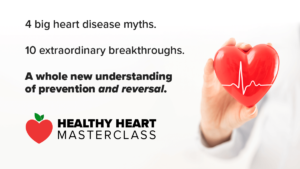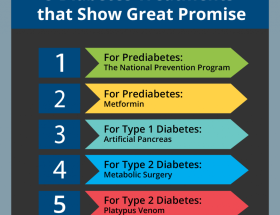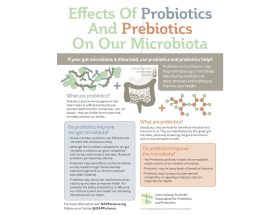With cardiovascular diseases being among the leading causes of death globally, it becomes increasingly vital to stay updated on the latest breakthroughs and preventive measures for optimal heart health. In this article, we delve into some of the most exciting discoveries that have revolutionized the way we approach heart health, along with effective preventive measures that can significantly mitigate the risks.
1. The Remarkable Benefits of Physical Activity
Regular physical exercise has long been associated with a multitude of health benefits, and the heart is no exception. Engaging in moderate-intensity exercise for at least 150 minutes per week has shown to reduce the risk of cardiovascular diseases by improving blood circulation, lowering blood pressure, and enhancing overall cardiovascular function. Moreover, recent studies suggest that high-intensity interval training (HIIT) can be particularly effective in improving heart health in a shorter period of time.
2. Embracing a Heart-Healthy Diet
Adopting a heart-healthy diet is crucial in lowering the risk factors associated with heart diseases. The Mediterranean diet, rich in fruits, vegetables, whole grains, lean proteins, and healthy fats, has consistently shown promise in improving heart health. It focuses on consuming wholesome foods that contribute to lower cholesterol levels, reduced inflammation, and better overall heart function.
3. Harnessing the Power of Technology
The advancements in wearable technology have opened up a world of possibilities for monitoring and maintaining heart health. From fitness trackers to smartwatches, these devices allow individuals to keep track of their heart rate, exercise duration, and sleep patterns, providing invaluable insights into their cardiovascular well-being. Additionally, mobile applications and online platforms have emerged, enabling remote monitoring and consultation with healthcare professionals, making heart health more accessible and convenient than ever before.
4. The Role of Medical Innovations
In recent years, medical breakthroughs have propelled the understanding and treatment of heart diseases. Precision medicine has gained momentum, allowing doctors to tailor treatments based on an individual’s genetic predispositions and unique cardiovascular risk factors. Moreover, minimally invasive procedures such as transcatheter aortic valve replacement (TAVR) have provided groundbreaking alternatives to traditional open-heart surgeries, reducing recovery time and improving patient outcomes.
5. Stress Management and Mental Well-being
Chronic stress has been linked to increased risk of heart diseases. Effective stress management techniques, such as mindfulness meditation, yoga, and regular exercise, can significantly reduce stress levels and promote mental well-being. Developing a healthy work-life balance, seeking support from loved ones, and engaging in activities that bring joy and relaxation are essential in maintaining a healthy heart and overall well-being.
Conclusion: A Heart-Healthy Future
As research and technology continue to advance, so does our understanding of heart health and the preventive measures we can take. By incorporating regular physical activity, adopting a heart-healthy diet, leveraging technological advancements, embracing medical innovations, and prioritizing stress management and mental well-being, we can unlock a future where heart diseases are better understood, prevented, and treated. Let us strive together towards a world where heart health is a priority for all.






